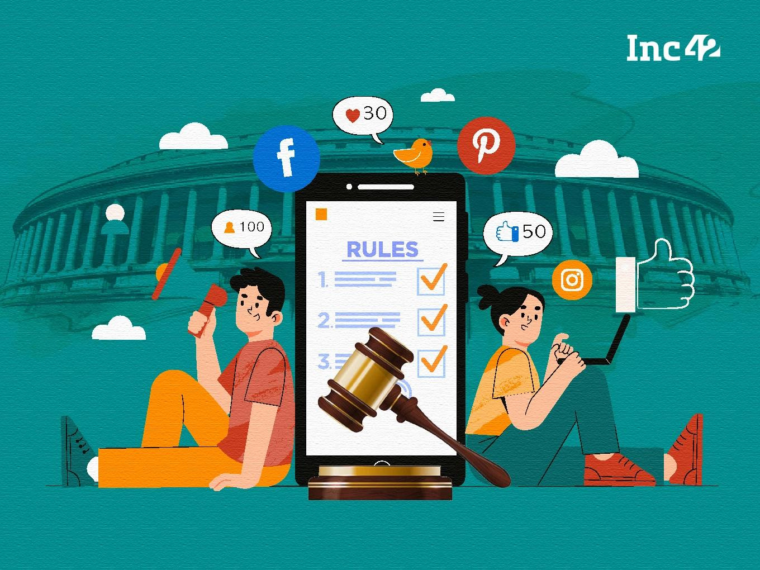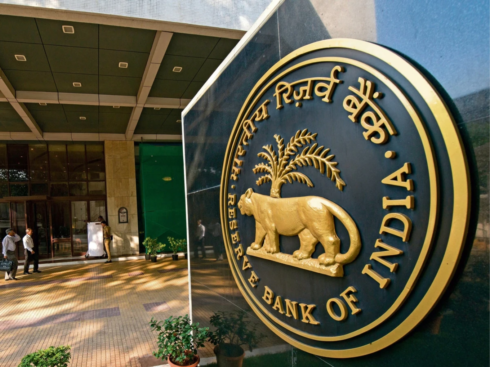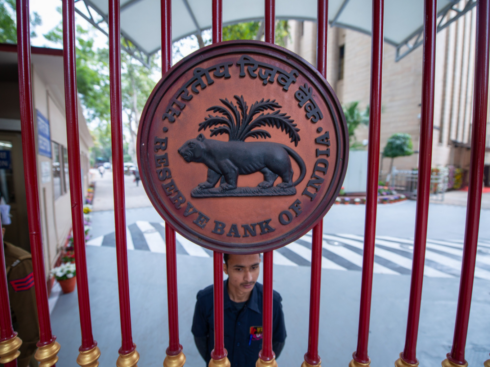
SUMMARY
The amended rules will lead to the formation of a grievance panel that will hear complaints from users about content moderation decisions of social media platforms
Each such appellate committee will consist of a chairperson and two whole time members
The draft amendments were first proposed in June this year and were seen as government’s bid to reign in big tech players such as Meta and Twitter
Months after first proposing changes to IT Rules, 2021, the government on Friday (October 28) finally notified the amendments. The amended rules will come into effect immediately.
The amended rules will lead to the formation of a grievance panel that will hear complaints from users about content moderation decisions of social media platforms. The move is largely being seen as the Centre’s bid to reign in social media platforms and big tech players like Meta and Twitter.
“The Central Government shall, by notification, establish one or more Grievance Appellate Committees within three months from the date of commencement of the Information Technology (Intermediary Guidelines and Digital Media Ethics Code) Amendment Rules, 2022,” the notification said.
Each such appellate committee will consist of a chairperson and two whole time members.
“Each Grievance Appellate Committee shall consist of a chairperson and two whole time members appointed by the Central Government, of which one shall be a member ex-officio and two shall be independent members,” said the notification.
Any user who is not satisfied with the response of an intermediary’s grievance officer can approach the government-appointed Grievance Appellate Committee (GAC) within a period of 30 days.
Subsequently, these government panels will try to resolve the issue in the next 30 days. The panels will also be empowered to seek assistance from experts. The redressal mechanism will largely be conducted online, from form filing to the dissemination of decision.
Bitten By Criticism
The draft amendments were first proposed on June 6 this year to ‘steer through the challenges and gaps’ that exist in the current laws. Thereafter, officials reportedly held wide-ranging discussions with industry experts and representatives of social media platforms on the matter.
Under the new amendments, the intermediaries have been directed to ‘prominently’ publish rules and regulations, privacy policy and the user agreement in English and other major Indian languages.
It also makes it incumbent upon the social media platforms to acknowledge user complaints within 24 hours and resolve such complaints within a period of fifteen days from the date of receipt.
The new amendments come into force after months of deliberations with both social media platforms and civil society members. The amendments were previously criticised by social activists over a slew of issues including the independence of the panel.
Not just the social media players, but many other influential industry bodies such as the US-India Business Council and the US-India Strategic Partnership Forum had also lobbied with the government over the amendments, In one instance, these bodies even wrote to the government, expressing their concerns over the independence of the appellate forum and the effect it would have on US-based digital giants operating in the country.
Interestingly, the amendments come at a time when the centre is locked in tussle with multiple social media platforms. While Twitter has dragged the government to court over ‘innocuous’ tweets, Meta-owned WhatsApp has also been trying to fend off the government in multiple courts over a contentious 2021 privacy policy update.
On the other hand, the Competition Commission of India (CCI) has imposed two sets of penalties totalling over INR 2,200 Cr on search engine giant Google.
Overall, all major social media platforms have been under increased government scrutiny over non-compliance with block orders and local laws.


























